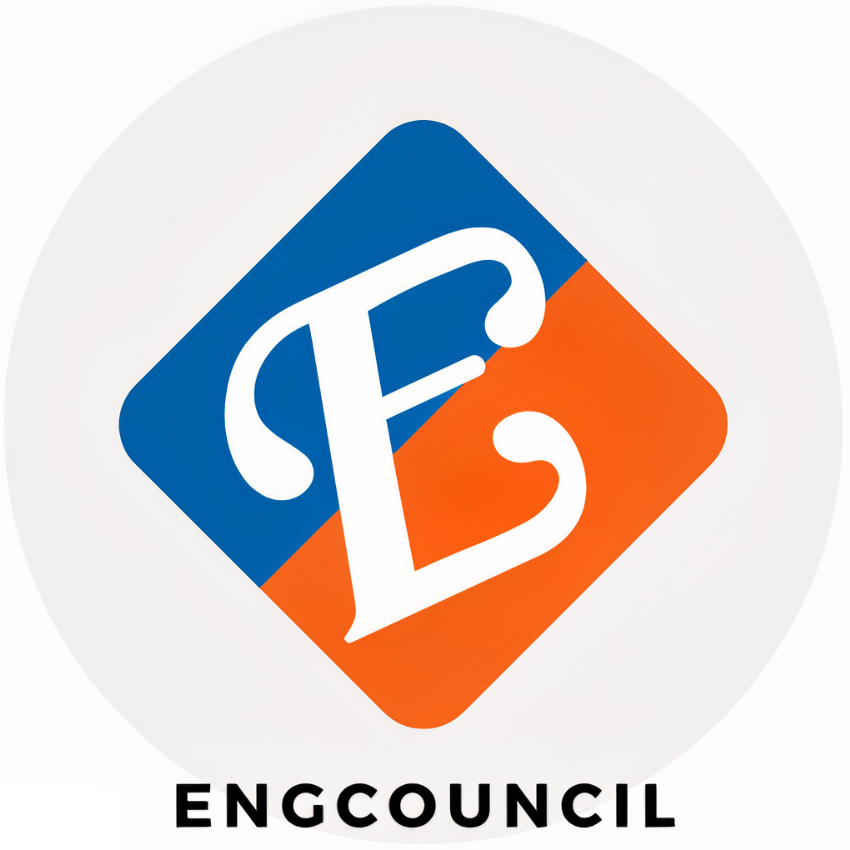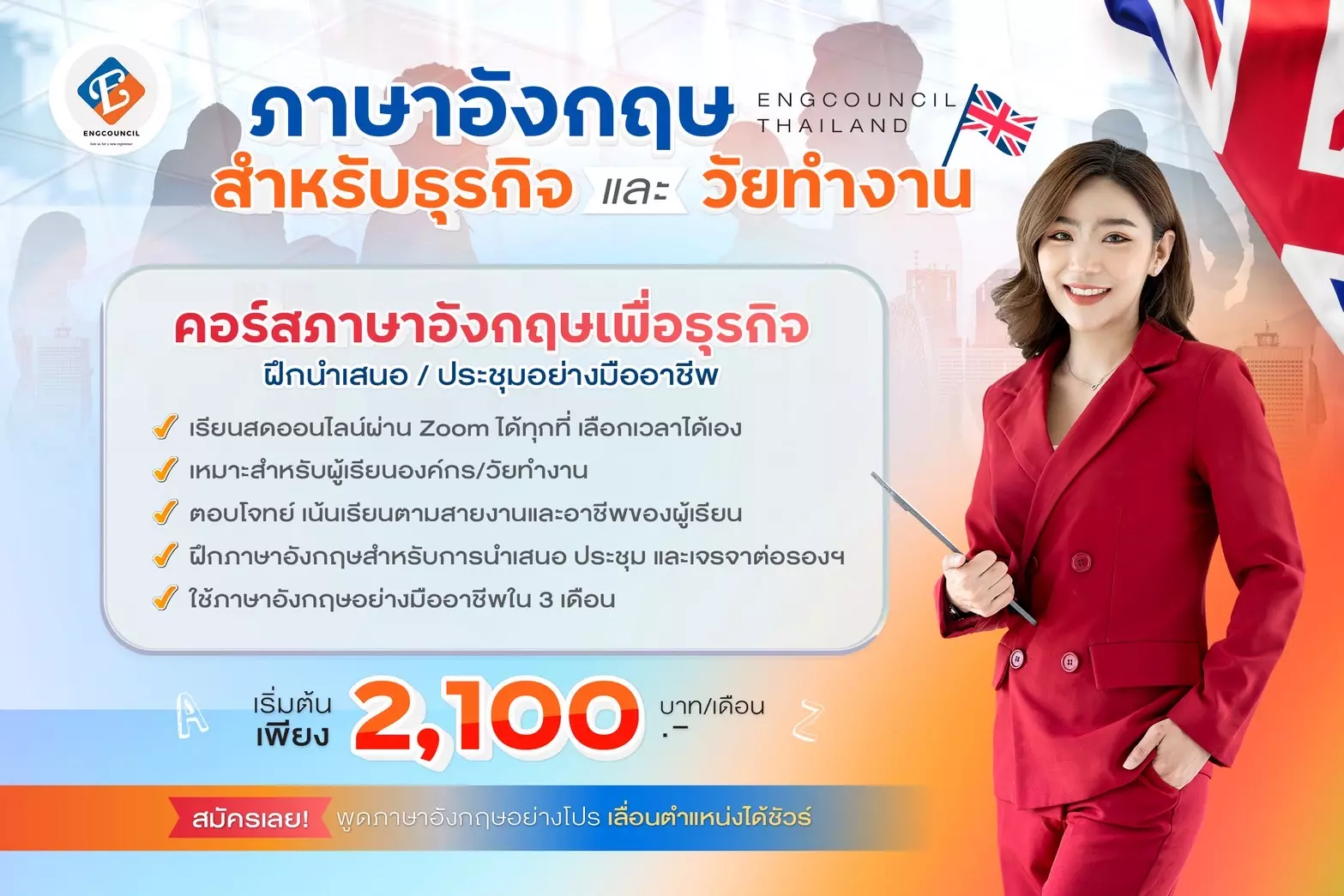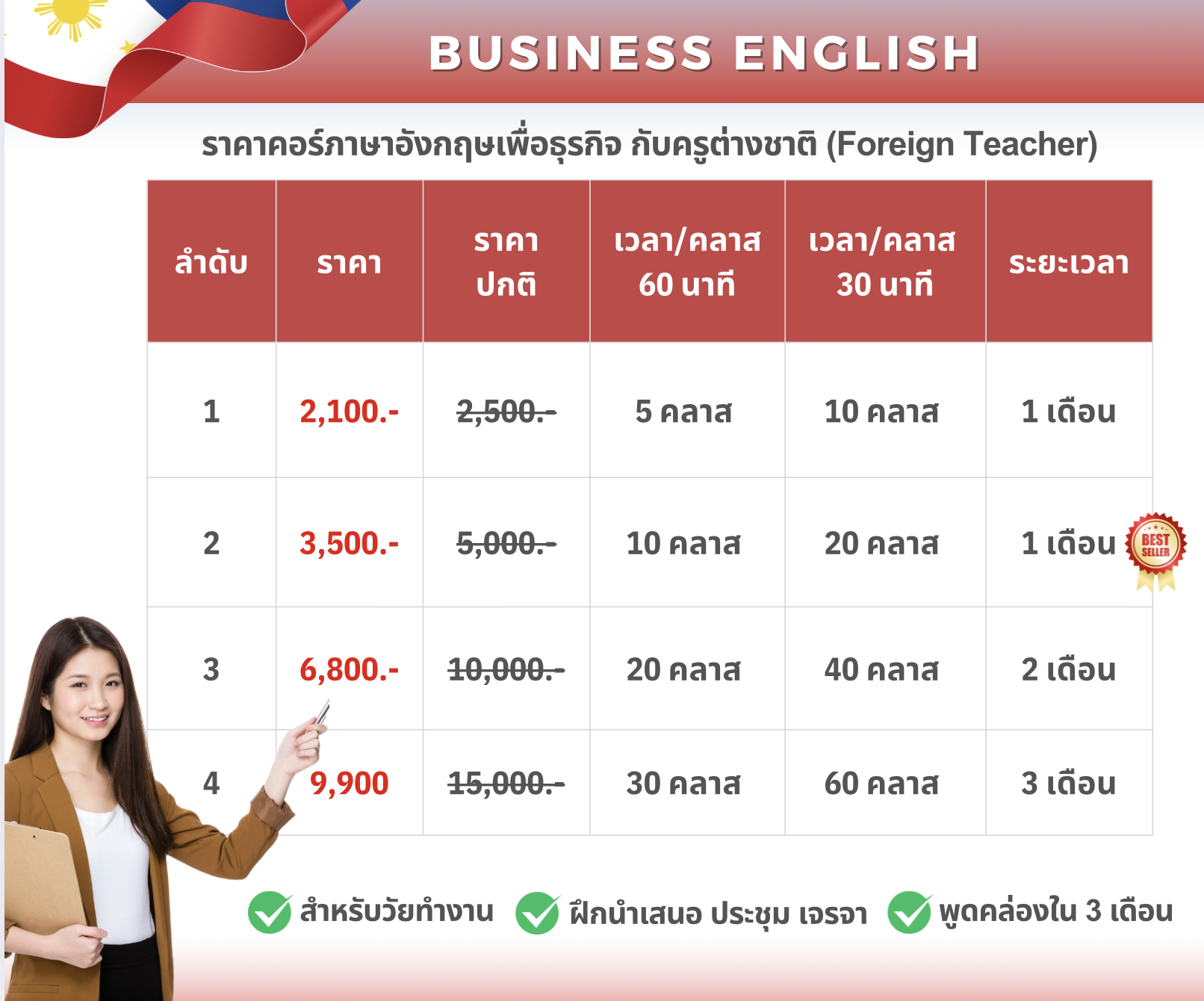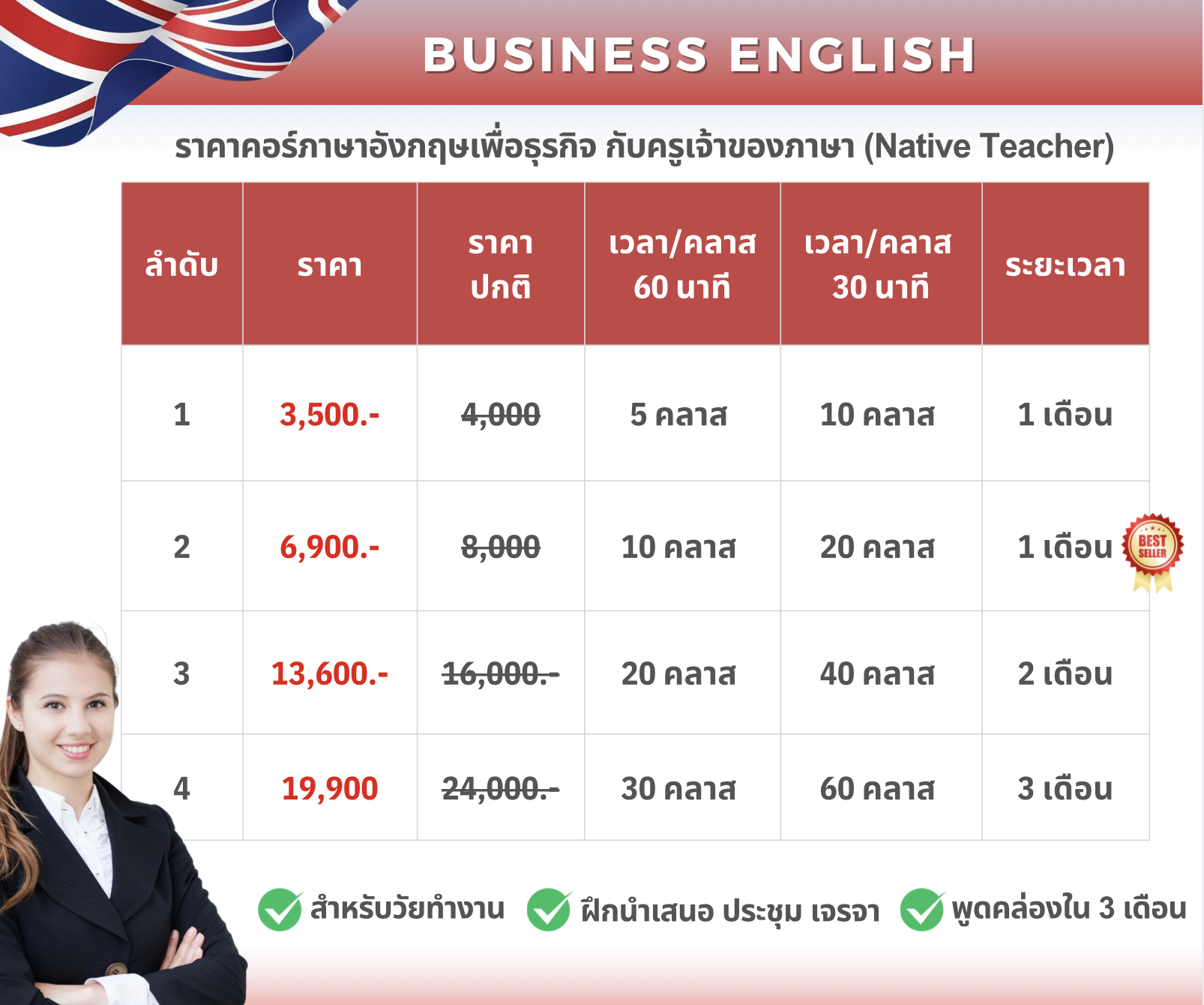Additional Focus on Business Course for Advanced Level
Unit 1: JOBS, PEOPLE AND ORGANIZATIONS
• Work and jobs (looking at jobs and various sectors. Student talks about their job and classifies it.
• Ways of working/Types of work (Looking at ways of working)
• Skills and qualifications (apprenticeships/on-the-job training/degrees/college certifications your country’s qualifications).
• Companies and careers (Major companies/small companies/single entities) (promotion/management)
• Problems at work (Personal disputes/relationships/sabotage/miscommunication)
• Organizations (Public/Private/shareholder/multi-national/foreign)
Unit 2: PRODUCTION
• Manufacturing and services (The production of goods in manufacturing/The provision of goods via service/The provision of services only)
•The development processes (From inception to production/Research & evelopment/production)
• Innovation and invention (Looking for new ideas/How to action new ideas)
• Products and services (Different types of both products & Services)
• Materials and suppliers (Relationships with suppliers/choosing suppliers/issues with suppliers)
Unit 3: PERSONAL SKILLS
•Time and time management (managing personnel and yourself/ planning / feedback)
• Stress and stress management (what stresses workers/how to recognize stress/how to manage and keep product/service continuous)
•Leadership and management styles (Look at different types of styles/Leaders and followers)
Unit 4: MARKETING
• Buyers, sellers and the market (How to put your product in its niche/attracting customers/trends/value of products)
• Markets and competitors (Spread of the market (home & abroad)/ what competitors offer/how to be unique)
• Marketing and market orientation (Advertising your products/channels/budgets)
• Products and brands (Looking at competitors/top brands/mid to low level brands/why consumers choose)
• E-commerce (The benefits of e-commerce/the cost/the best fit for your product? /transportation)
Unit 5: TELEPHONING AND WRITING
• Phones and numbers (Phoning people and managing numbers/home numbers/foreign numbers)
•Trying to get through (Getting put on hold/Line engaged/person busy/number N/A)• Commencing and ending calls (Introductions/formal/informal/ending calls/recognizing seniority)
• Business communication (Language of etiquette/culture of different countries/stages)
• CVs, cover letters and emails (How to write both)
Unit 6: MEETINGS
•Types of meeting (Management/Technical/Design-concept/Contract-Agreement signing/staff)
• Points of view (How to organize differing points of discussion)
• Agreement and disagreement (How to oversee disagreements)
• Discussion techniques (Persuasion/refusal/agreement/others)
Unit 7: PRESENTATIONS
• Key ideas (How to present ideas/how to prioritize ideas)
• Key steps (stages in the process)
• Audience interaction (How to manage)
Unit 8: NEGOTIATIONS
• Situations and negotiations (how to manage)
• Agreements and Contracts (Prepare/signing/formalizing)
• Preparing (arranging venue/arranging dates-times/liaising)
• Making offers/Accepting offers (The language of how to)
• win-win (Reaching a consensus that all sides are at ease with)
• reaching agreement (Highlighting the benefits if your product/service/allaying any doubts)





















